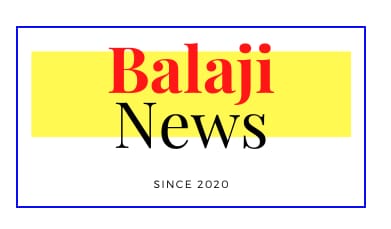The agreement signed at the India Africa Health Summit today was witnessed by a galaxy of eminent dignitaries representing medical and healthcare sectors, Government, academia and development agencies. The MoU identifies specific areas of partnership such as sustainable and medical value travel, infrastructure development for hospitals and diagnostics, training and research, skill transfer and artificial intelligence and manufacturing. The main objective of this agreement is to find solutions to the barriers of access to quality healthcare, building essential infrastructure for patients, harness technology, address the shortage of skilled workforce and medical professionals and ways to improve patient outcomes.Dr. Amit Thakker, President – AHF and Executive Chairman, Africa Health Business said, “These extraordinary times united healthcare professionals across the globe and have paved the way for federations across countries to come together and chart a way forward to address some of the long-standing structural gaps. It has also opened doors for collaborative efforts to create mechanisms through which public-private partnership models could be developed seamlessly on a sustainable basis. Effective partnerships are a necessary part of creating successful healthcare systems and allow each player to carry out what they do best while also benefiting from what others do best. It provides the opportunity for win-win situations that make an impact that is greater than the sum of their parts.
The following four areas have been identified as the key thematic areas under the MoU based on extensive discussions and technical inputs from the summit knowledge partners PwC India and IPE Global:
- Sustainable Medical Value Travel (MVT): Under this, the focus will be to bring transparency in referral mechanism/fees and the need of travel for treatment, for smooth VISA processing and Immigration. Both the parties will also focus on easy availability of information on health facilities including quality and cost differentials, standardised rating mechanism, etc. and existing accreditations and also look at establishing grievance redressal mechanisms. Establishing partnerships for diagnostic tests, emergency air evacuations will also be a priority.
- Skill Transfer and Training: NATHEALTH and AHF will map skill transfer and training requirements to identify the key gaps that needs attention and look at the potential for e-learning and use of other technologies (simulation, augmented virtual reality, etc.) to bring down the costs. They will also work towards establishing twinning programmes between Indian and African institutions and improve scope and potential for building capacity of local health care companies and financial intermediaries.
- Infrastructure Development for Hospitals and Diagnostics: for this, the two federations will identify gap areas by gauging industry interest on both ends for investments and categories the ways and policy interventions needed to safeguard investor interests and highlight the alternate financing mechanisms available like PE/VC funds, viability gap funding, impact investments, etc. Under the agreement, the task force will also look at ways to improve the business environment by working with governments to expand the public-private partnerships
- Manufacturing, Research and Artificial Intelligence: The key focus areas under this include addressing the need for harmonization of regulatory requirements and building expertise for pharmaceutical manufacturing in GMP. Ways to reduce market fragmentation to achieve economies of scale and discuss how to create regional economic communities thereby creating regional markets. The focus will also be on Increasing investment into R&D in Africa through collaborative research, twinning programmes that include galenic development, Centre of API manufacturing, etc. Identifying areas with potential to leapfrog with use of AI and machine learning will also be explored through initiative pilot partnerships.
The task force will consist of seven to nine members and will be jointly led by representatives from AHF and NATHEALTH. The members will include Industry partners, Development partners, Government representatives, Key experts in their individual capacity or as part of relevant institutions and Knowledge partners. Within the first quarter, each task force will be expected to present an Action Plan on their area detailing out the objectives and scope of thematic area, key outcomes expected at end of 1 year, policy areas to be covered and key stakeholders to be engaged.
A partnership between India and Africa underlines a mutual interest in improving access and quality of healthcare to achieve the UHC in both the countries. India has experience, that Africa can learn from, and Africa has much to contribute to the Indian health sector. The private sectors in both continents are becoming organized, unified and an integrated partnership will provide opportunities to improve quality of care and promote accessibility and affordability of healthcare.


